
Health and Safety of Farm Workers
January 4, 2025, 11:11 am
The machinery used by farmers and agricultural workers presents a serious health and safety hazard.
The most dangerous piece of farm machinery is the tractor, which can crush, mangle and kill. A tractor should be equipped with ROPS (Roll Over Protective Structures), which prevent injury in case it turns over, and all farm vehicles should carry first aid kits.

HEALTH AND SAFETY OF FARM WORKERS
Even small wounds suffered by farm workers should be treated immediately because of the danger of infection. Everyone living in rural areas—particularly children—should be inoculated against tetanus (lockjaw), which is far greater danger in rural areas than urban areas.
Heat stress can be as serious a safety hazard for farm and agricultural workers as for industrial workers. Strenuous, prolonged work in the open sun can lead to heat exhaustion or to sunstroke. The constant vibration associated with heavy farm machinery is also a hazard.
Health Hazards for Farm Workers
Animal bites are always a health hazard for farm workers. The wounds should be washed with soap and water, then reported to a doctor.
The animal should be examined for rabies. A number of other diseases can also be passed from infected animals to human beings, among them brucellosis, dysentery, tuberculosis, and tularemia (rabbit fever). In areas where sanitary facilities are inadequate, hookworm disease and typhoid fever are serious menaces.

The pesticides used in agriculture can be a major health hazard for workers who come into contact with them. Extreme caution should be taken when spraying pesticides and when entering a field that has recently been sprayed.
Chemicals used on tobacco, cotton, citrus fruits, peaches and apples can be lethal. These organophosphate insecticides are virtually nerve gases; if they have not been given sufficient time to dissipate before a worker comes into contact with them, they can produce serious illness.
Health Hazard for Farm Managers
The relationship between emotional stress and disease is now well established. The emotional stress associated with certain managerial and professional jobs presents a real health hazard to men and women in these occupations.

For instance, it is known that administrators and managers, who often work under severe pressure, are far more likely to develop coronary diseases than are scientists or engineers. Other illnesses associated with job-related stress are gastric ulcers and hypertension.
Poisonous Plants
Poison ivy, eastern and western poison oak, and poison sumac are commonly found plants whose sap can irritate the skin. These plants are easy to recognize.
The leaves of poison ivy and poison oak always grow in clusters of three—one at the end of the stalk, the other two opposite each other. Poison sumac has from 7 to 13 leaves, one at the end of the stalk, the other opposite one another, becoming smaller as they grow farther from the base.
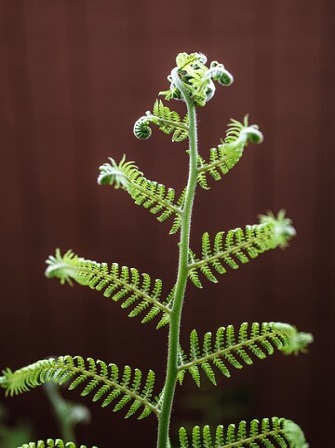
Most cases of poisoning from a plant result from direct contact with it, regardless of whether or not it is in bloom. Poisoning can also be caused by handling clothing, garden implements or animals contaminated by the plant’s oily sap.
Although some people seem to be immune to plant poisons, other individuals are so sensitive that mere exposure to smoke from a brush fire burning the offending plant can create a severe inflammation of the skin.
If you have accidentally handled or brushed against a poisonous plant, you should immediately wash the part of your body that has come into contact with it. Use yellow laundry soap, if available, and lather several times, rinsing the contaminated place in running water after each sudsing.
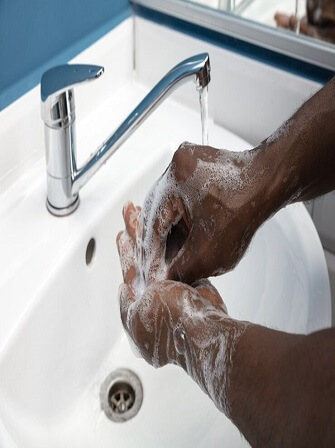
The first symptom of plant poisoning is a sensation of burning and itching that may develop at any time from a few hours to a week after contact. Thereafter, the skin swells and breaks out into a rash, and blisters are likely to form.
If large blisters, sever inflammations, or fever develop, or if the inflammation is on the face of the genital, do not attempt to treat the problem yourself. Consult a doctor.

But if there are only a few small blisters on the hands, arms or legs, try the following treatment:
- Gently wash the affected parts with soap and cold water as soon as possible
- Then apply calamine lotion to soothe the itch, or use a compress soaked in a diluted Burrow’s solution (aluminum acetate, an antiseptic)—one part of the solution to 15 parts of cold water
Stubborn cases of plant poisoning that do not respond to proper treatment may be owing to repeated contact with contaminated clothing. Any suspected garment should be dry-cleaned or thoroughly washed with soap.
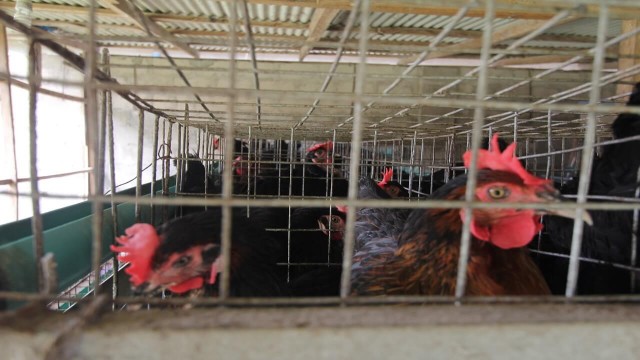
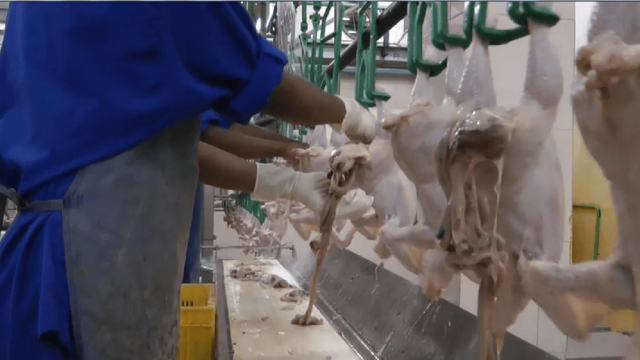
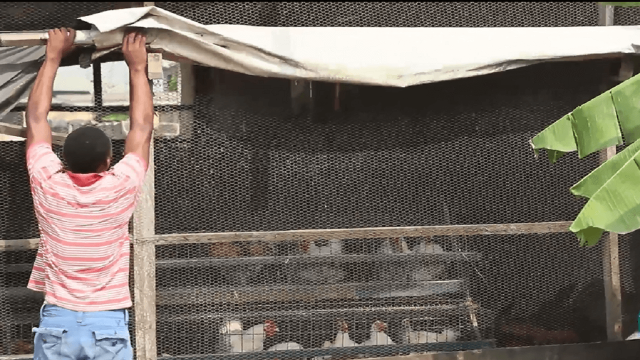
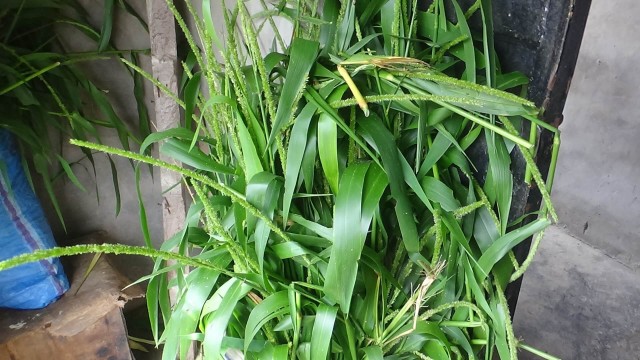
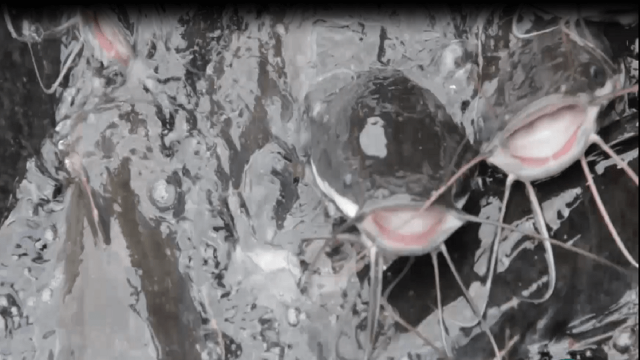

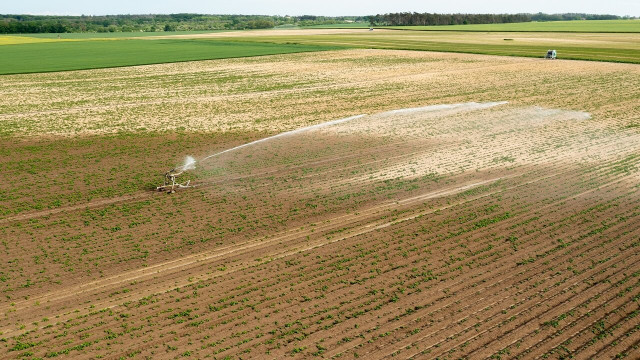



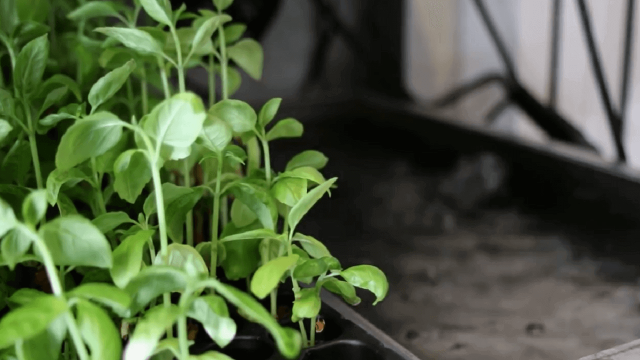

Share This Article: